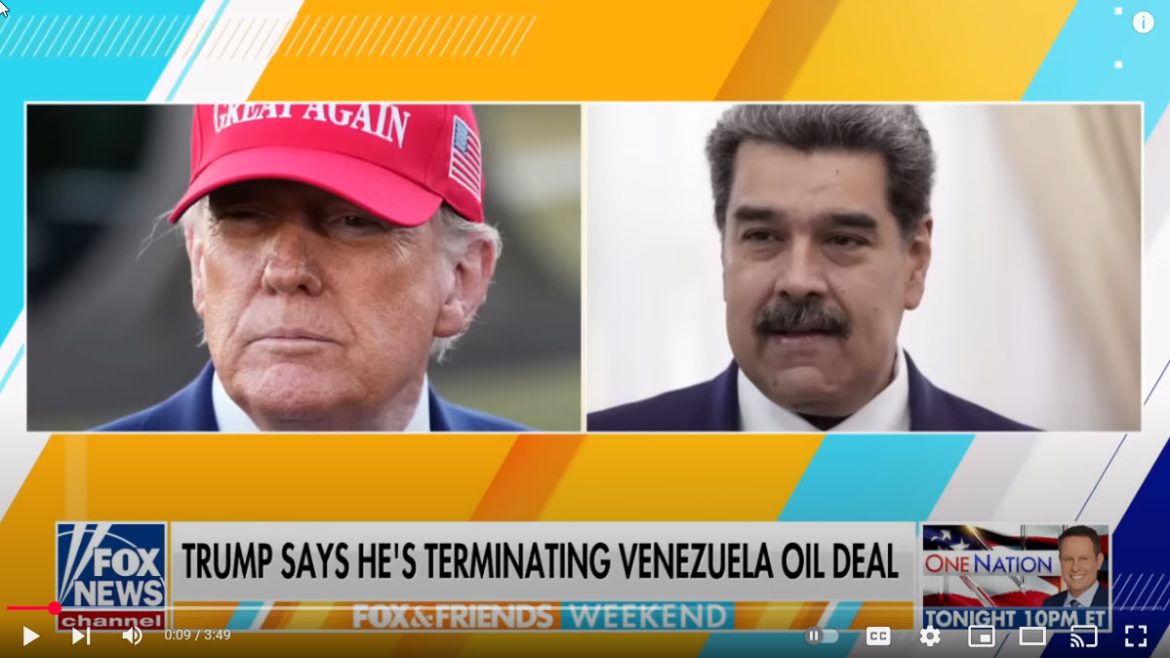The Trump administration officially halts negotiations with Venezuela, delivering a significant blow to diplomatic efforts aimed at improving relations between the two countries. The decision comes as U.S. officials express frustration with Venezuelan President Nicolás Maduro’s government, citing ongoing concerns over human rights violations, political repression, and lack of progress in democratic reforms. The abrupt end to talks signals a hardening of the U.S. stance, increasing tensions with the oil-rich South American nation.
The breakdown in negotiations follows months of diplomatic back-and-forth, with U.S. representatives pushing for significant changes in Venezuela’s governance in exchange for potential sanctions relief. The Trump administration had been exploring avenues to ease economic restrictions if Maduro agreed to a credible electoral process and political reforms. However, officials now argue that Venezuela has failed to meet key conditions, prompting a shift in U.S. policy away from engagement and toward renewed pressure.
Maduro, who has long blamed U.S. sanctions for Venezuela’s economic hardships, responds to the move by accusing Washington of attempting to undermine his government. His administration remains defiant, insisting that Venezuela will continue pursuing alliances with nations such as Russia, China, and Iran to offset the impact of American policies. With the collapse of negotiations, Venezuela is expected to deepen its economic ties with alternative trading partners, further complicating U.S. efforts to influence its political direction.
The Trump administration’s decision also has implications for global oil markets, as Venezuela holds some of the world’s largest crude reserves. U.S. energy companies had been monitoring negotiations closely, hoping for a potential easing of restrictions that would allow greater access to Venezuelan oil exports. With the talks now abandoned, U.S. sanctions on Venezuela’s oil industry are likely to remain in place, maintaining pressure on Maduro’s government while limiting Venezuela’s ability to generate foreign revenue.
The move marks a stark contrast to previous diplomatic efforts aimed at fostering engagement between Washington and Caracas. During the Biden administration, tentative agreements were reached to facilitate dialogue and provide humanitarian aid, but those efforts have now been undone as Trump reasserts a more aggressive policy approach. The decision reinforces the administration’s broader strategy of using economic pressure as a tool to achieve political change, a stance that has defined U.S.-Venezuela relations for years.
With diplomatic channels now effectively closed, both countries brace for a prolonged period of heightened tensions. The Venezuelan opposition, which had hoped for U.S. support in pushing for democratic reforms, now faces uncertainty about the future of American involvement in their struggle against Maduro’s rule. As the situation develops, global observers are closely watching for potential economic and geopolitical ripple effects stemming from the Trump administration’s latest policy shift.
Source Links:
YouTube: NO DEAL – Trump Move Deals Major Blow to Venezuela



